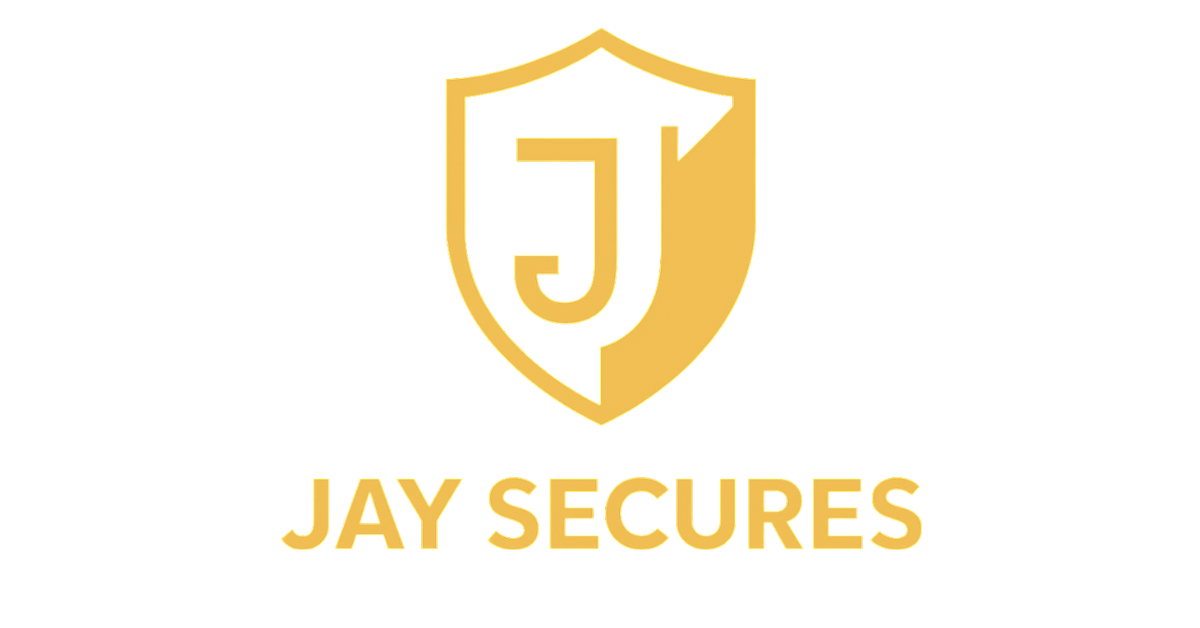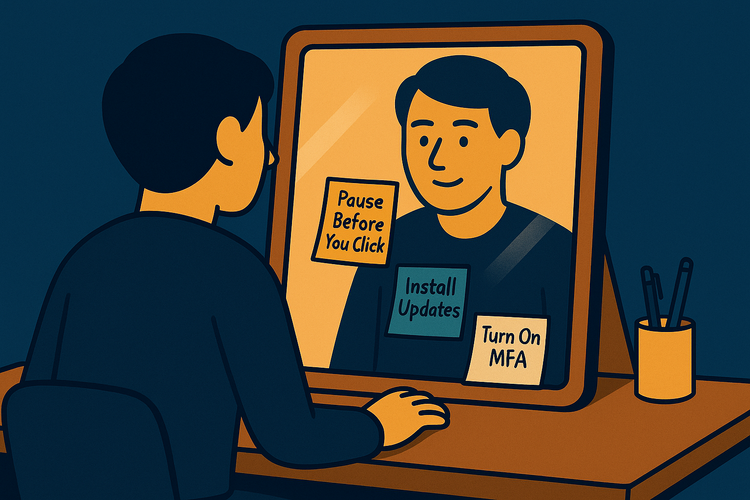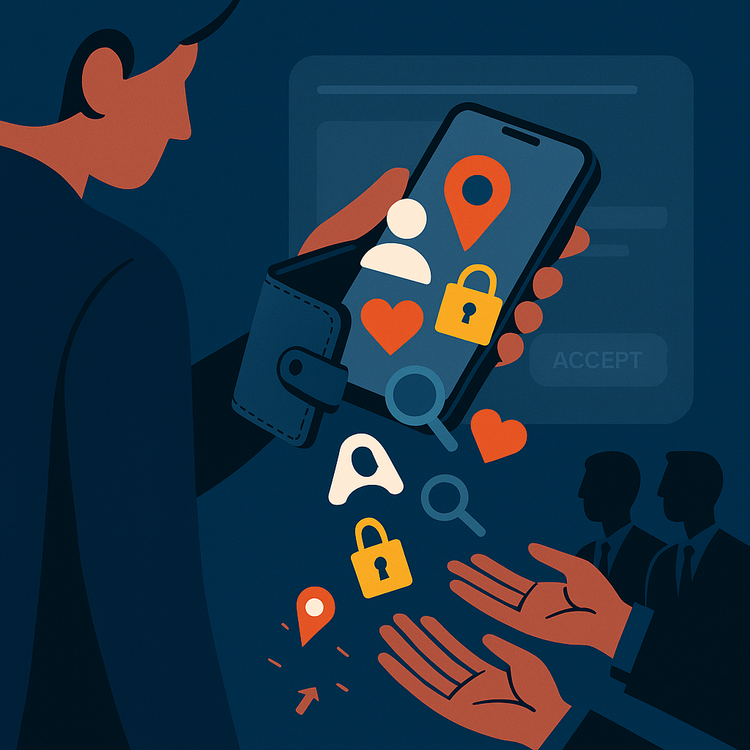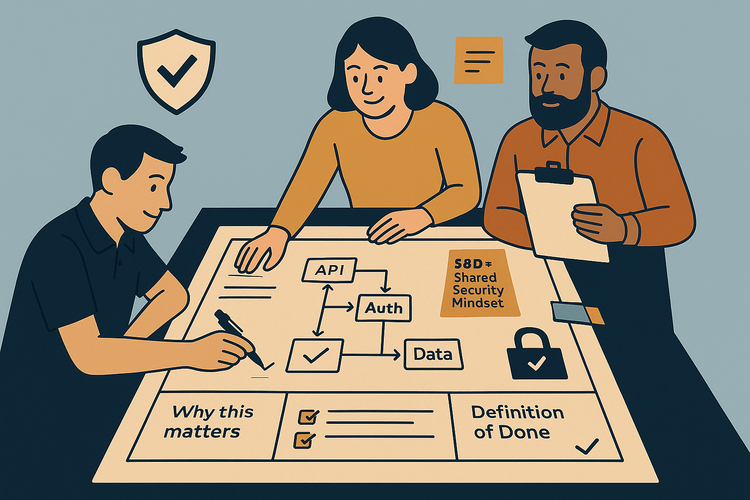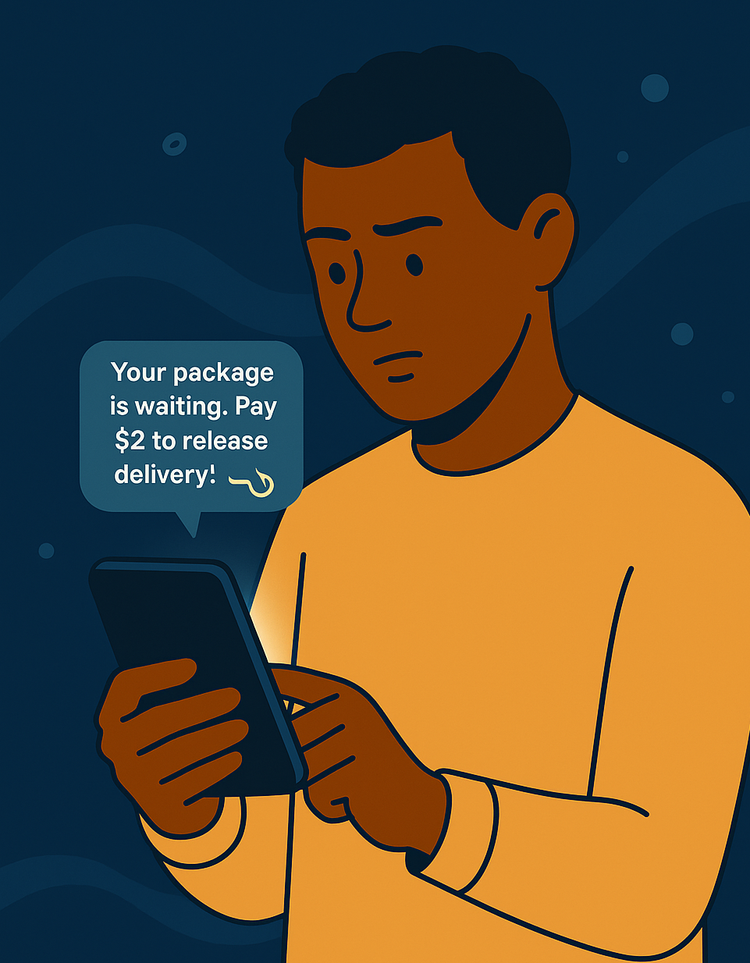Are Your Digital Keys Easy to Copy? A Simple Guide to Strong Passwords
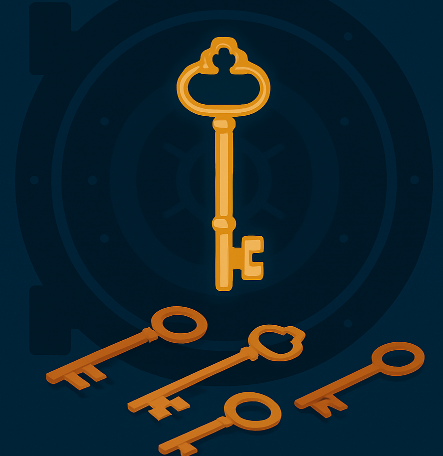
Welcome to the Security Simplified series!
Passwords.
We use them every single day – probably multiple times. They unlock our email, bank accounts, social media – basically, our entire digital lives. But let’s be honest: they can also be a real pain. Remembering dozens of different ones feels impossible.
This Security Simplified post breaks down how to make your passwords strong, practical, and easier to manage.
The Problem: Weak Keys and Using the Same Key Everywhere
Imagine your house key was super simple — maybe just a straight piece of metal. Easy to make, easy to remember (or guess!), but also incredibly easy for someone else to copy or break.
Weak passwords are like that simple key:
- Too Short:
pworkey1 - Too Obvious:
password,12345678,qwerty - Too Personal: Your name, birthday, pet’s name (
Fluffy1) - Real Words:
sunshine,monkey,iloveyou
These are easy for both humans and computer programs to guess.
Now imagine using that same simple key — not just for your house, but also your car, your mailbox, your gym locker. If someone copies that one key, they suddenly have access to everything.
That’s what happens when you reuse the same password across websites. If one of those sites gets breached, criminals will try that same password on your email, bank, and more.
What Makes a Good Digital Key (A Strong Password)?
So what does a strong, secure "digital key" look like? Think of it like an intricate, unique key cut for your most valuable lock:
- Length is Strength: At least 12–15 characters. Longer = harder to pick.
- Mix It Up: Uppercase, lowercase, numbers, and symbols.
- Avoid the Obvious: No dictionary words or personal info. Randomness helps.
- Unique for Every Account: A different key for every lock.
“But I Can’t Remember All That!” — The Key Master Solution
Okay, remembering J#p!7*z$L@k9&Xq for email and ^g5$fR8@kLp!nZ2 for your bank? Yeah, right.
That’s where password managers come in — your secure digital vault or “key master.”
They help by:
- Generating strong passwords automatically
- Storing them securely in an encrypted vault
- Remembering them for you (you just need one master password)
- Filling them in automatically on websites
Some great options include: Bitwarden, 1Password, Dashlane, LastPass, and KeePass. Even browsers like Chrome, Firefox, and Safari have built-in managers — just do your research and choose one that works for you.
Why Bother? Your First Line of Defense
Your password is often the only thing standing between a criminal and your sensitive information.
Using weak or reused passwords is like leaving your front door unlocked — or using a key made of glass.
Creating strong, unique passwords — and using a password manager to manage them — is your best first line of defense online.
Your Turn: Upgrade Your Digital Keys
- Start with what matters most: Email, banking, and primary social media.
- Make them strong and unique: Or let your password manager handle it.
- Try a password manager: It can be a total game-changer.
Strengthening your passwords is one of the simplest ways to improve your security today.
Next in the series: The Digital Peephole – Why Multi-Factor Authentication (MFA) Matters
